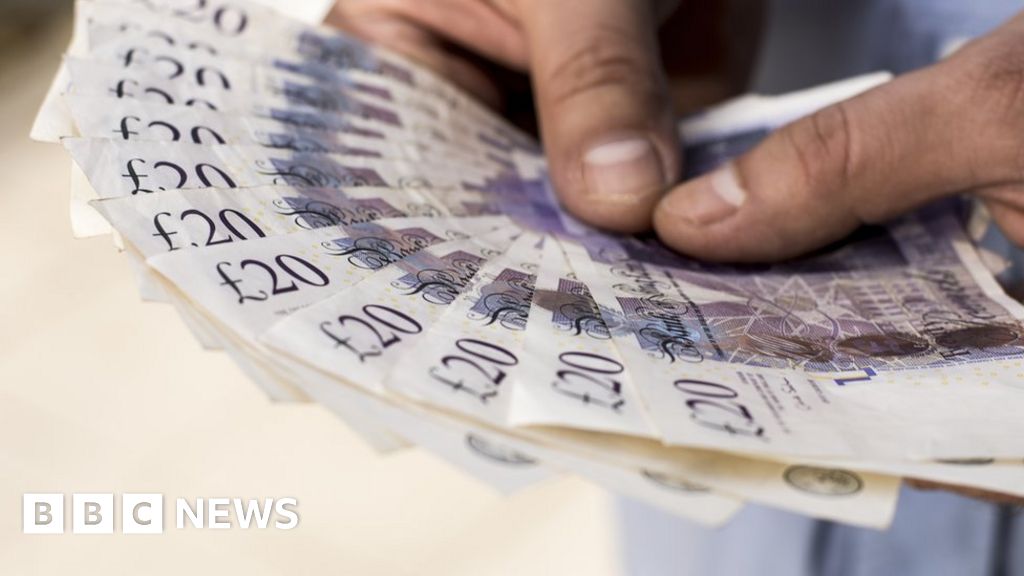Report: Global Billionaires' Wealth Tripled Growth Rate in 2024

The Facts
Oxfam International has reported that the growth of wealth of the world's billionaires tripled in 2024 over the previous year. The global advocacy group's report said that the cumulative value of their wealth rose by $2T to $15T last year.
The Oxfam report estimated that the wealth of the world's 10 richest men rose $100M per hour on average in 2024. Yet, it also said that the number of people living under the World Bank's poverty line (around 3.6B) has hardly fallen since 1990.
The Spin
Left narrative
The staggering acceleration of billionaire wealth — tripling its growth rate in 2024 compared to 2023 — paints a stark picture of our world's deepening divides. While five trillionaires are expected to emerge within a decade, billions remain trapped in poverty, a situation unchanged since 1990. This extreme concentration of wealth isn't earned: 60% of it comes from inheritance, cronyism, or monopoly power.
Right narrative
While headlines about accelerating billionaire-wealth growth grab attention, this high-profile critique reminds us to examine inequality statistics carefully. When factoring in often-omitted government transfers, tax impacts, and demographic shifts, the picture can change dramatically. Reports of extreme wealth concentration may benefit from scrutiny to ensure that policy decisions are based on complete data.




